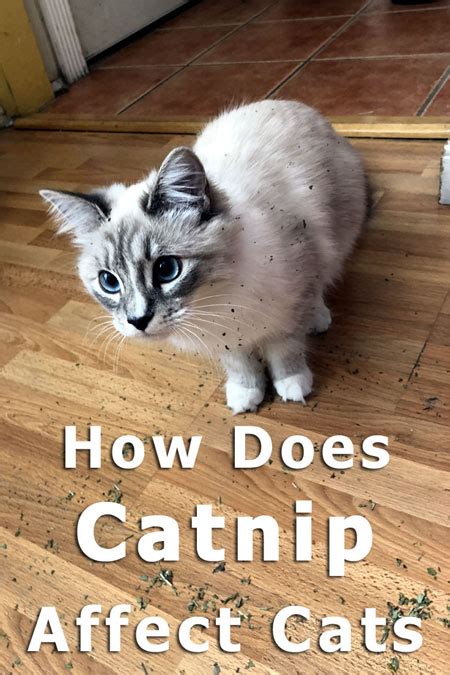As a cat owner, it's natural to want to share your love for food with your feline friends. However, not all human foods are safe for cats, and some can even be toxic. Honey is one of those foods that has sparked debate among cat owners and veterinarians. While honey is a natural sweetener that offers numerous health benefits for humans, its effects on cats are more complex.
In this article, we'll explore five ways honey affects cats, and what you need to know before sharing this sweet treat with your feline companion.
What's in Honey that Affects Cats?
Before we dive into the effects of honey on cats, it's essential to understand what makes honey a potential concern. Honey is primarily composed of sugars, particularly fructose and glucose. It also contains small amounts of other compounds like beeswax, pollen, and propolis. While these ingredients are generally harmless to humans, they can have adverse effects on cats.

1. Gastrointestinal Upset
One of the most common effects of honey on cats is gastrointestinal upset. Cats are highly sensitive to the sugars present in honey, which can cause an imbalance in their digestive system. Consuming even small amounts of honey can lead to vomiting, diarrhea, and stomach pain in cats. If your cat ingests a large amount of honey, it may experience more severe symptoms like dehydration and electrolyte imbalances.
2. Allergic Reactions
Some cats may be allergic to the pollen or propolis present in honey, which can trigger an allergic reaction. These reactions can range from mild to severe and may include symptoms like itching, scratching, and skin lesions. In severe cases, an allergic reaction to honey can cause anaphylaxis, a life-threatening condition that requires immediate veterinary attention.

3. Increased Risk of Obesity
Honey is high in calories and sugar, making it a potential contributor to obesity in cats. Feeding your cat honey regularly can lead to weight gain and increase the risk of obesity-related health problems like diabetes, arthritis, and heart disease. Maintaining a healthy weight is crucial for your cat's overall health, and avoiding honey is one way to reduce the risk of obesity.
4. Interaction with Medications
If your cat is taking medications for a pre-existing condition, consuming honey can interact with those medications. For example, honey can increase the risk of bleeding when taken with anticoagulant medications. It's essential to consult with your veterinarian before sharing honey with your cat, especially if they're taking medications.
5. Potential for Botulism
Raw, unfiltered honey can contain spores of the bacterium Clostridium botulinum, which can produce a toxin that causes botulism. While the risk is low, botulism can be a life-threatening condition in cats. If you suspect your cat has ingested honey contaminated with botulinum spores, seek veterinary attention immediately.

Gallery of Cats and Honey






FAQs
Can cats eat honey?
+No, it's not recommended to feed your cat honey. While small amounts may not cause harm, consuming honey regularly can lead to gastrointestinal upset, allergic reactions, and other health problems.
Is honey toxic to cats?
+No, honey is not toxic to cats in the classical sense. However, it can cause adverse reactions, especially in large amounts or when consumed regularly.
Can I give my cat honey as a treat?
+No, it's not recommended to give your cat honey as a treat. Instead, opt for cat-safe treats that are nutritionally balanced and won't cause harm.
As we conclude our exploration of the effects of honey on cats, remember that it's always best to prioritize your cat's health and safety. While honey may seem like a harmless treat, it's essential to consider the potential risks and choose cat-safe alternatives instead. If you have any concerns or questions, consult with your veterinarian for personalized advice.
